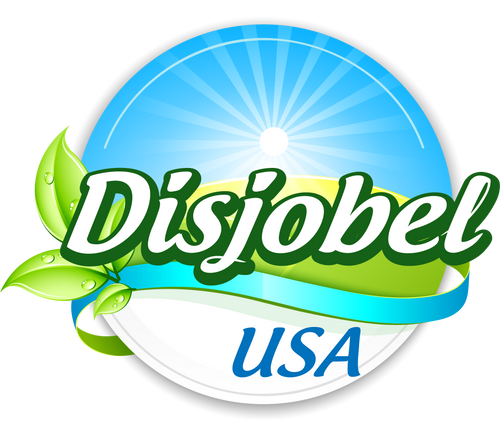Many industrial bakers and pastry chefs are looking for an alternative for vegetable oil in baking. Indeed, today, the trend toward healthier and more sustainable products transforms how ingredients are chosen. In this sense, traditional vegetable oil, while affordable and versatile, may not meet specific nutritional, texture, or flavor expectations demanded by modern consumers.
Breaking Down the Options: Functional Alternatives for Vegetable Oil
From a technical perspective, some recipes also require fats with specific behavior during baking. This is where a key category of ingredients comes in: the substitute for vegetable shortening. These products aim to maintain the functional properties of shortening but offer additional benefits.
Choosing the right alternative for vegetable oil in baking depends on the type of product you are making:
- Structured vegetable fats: work well in puff pastries or creams.
- Fruit purees: an innovative solution for partially replacing fat in products like muffins or brownies. These alternatives provide moisture, flavor, and an improved nutritional profile.
Technical Properties and Baking Performance
It’s also essential to consider ingredients with specific attributes depending on the application. For instance, in some cases, you need a fat that withstands high temperatures. In others, a creamy texture or extended shelf life is the priority.
That’s why a substitute must be selected that matches the final product. Not all replacements perform the same in cookies, sponge cakes, or laminated dough.
What functional properties should an alternative for vegetable oil in baking have?
• Texture: the fat must provide body and softness.
• Flavor: it should be neutral or pleasant, without interfering with the product's final profile.
• Preservation: a good fat or its substitute helps maintain freshness for longer.
Why use Substitutes for Vegetable Oil in your Formulations?
In the food industry, it is increasingly common to use alternative ingredients for health or sustainability reasons. Additionally, consumers value clean labels and formulas free from artificial ingredients.
By carefully selecting your inputs, you can create a healthier product line without sacrificing flavor or quality. For example, the debate between cacao vs. cocoa shows how small details can make a big difference in perception and results.
Tips for Choosing an Alternative for Vegetable Oil in Baking
Do you run a bakery or similar business? Keep these practical recommendations in mind when selecting ingredients that best fit your products:
- Always test the substitute on a small scale before full implementation.
- Evaluate how it affects texture, flavor, and baking time.
- Look for suppliers who offer consistency and technical support.
In this regard, Disjobel can be the perfect partner to help you achieve these goals. Their portfolio of essential ingredients is designed to provide efficiency, quality, and reliable supply for industries and entrepreneurs like you.
Therefore, innovation is easier when you have the right ingredients and even better when those ingredients help maintain your product's quality. Leap and implement an alternative for vegetable oil in baking with Disjobel. Discover their catalog and how they can become your ally in offering irresistible, consistent products with a unique value on the market.
References
Bahena, L. (2023, June 19th). Plant-derived fat replacer for baking applications. The Food Tech. https://thefoodtech.com/ingredientes-y-aditivos-alimentarios/sustituto-en-reposteria-de-origen-vegetal/
Singer, E. (2024, September 10th). The 14 Best Substitutes for Vegetable Oil in Baking and Cooking. PureWow. https://www.purewow.com/food/substitute-for-vegetable-oil




















